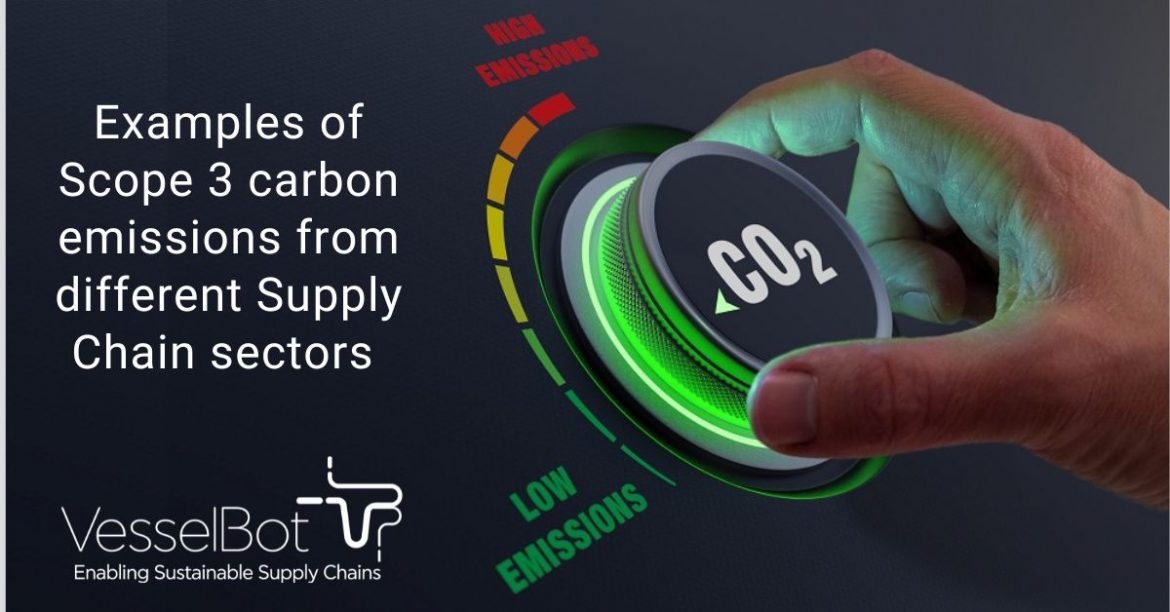A new report by the Guardian has shown that the European Union pumped out 8% less carbon dioxide from the fossil fuels it burned in 2023 than it did in 2022, pushing these emissions down to their lowest level in 60 years.
According to analysis from the Centre for Research on Energy and Clean Air (Crea), the fall in planet-heating pollution is the steepest yearly drop on record behind 2020, when governments shuttered factories and grounded flights to stop the spread of Covid-19.
“EU CO2 emissions have finally fallen back to levels apparent in my parents’ generation in the 1960s,” said Isaac Levi, an analyst at Crea. “Yet, over this time period, the economy has tripled – showing that climate change can be combated without foregoing economic growth.”
The report found that more than half of the drop in emissions came from the use of cleaner electricity.
Industry data shows that the EU built record levels of solar panels and wind turbines in 2023 and was able to make more electricity from dams and nuclear power plants that had been struck by drought and repair work the year before.
Read also: Fire union chief warns public will be at risk if Labour drops £28bn green plan
The report found that lower demand for electricity, aided by good weather, contributed to 8% of the fall in fossil CO2 emissions. Cuts in sectors such as industry – where high gas prices have led some firms to become more efficient and others to make fewer goods – and transport made up the remaining 36%.
The figures do not include sectors such as agriculture, dirty chemical processes such as cement-making, or other greenhouse gases such as methane. Analysts say that emissions overall are still falling too slowly.
“The 8% reduction in emissions should be celebrated,” said Levi, “but more must be done to wean the EU off fossil fuels, reduce reliance on petrostates such as Russia, whilst also leaving the world a better place for the next generation.”
It will be recalled that last week, the EU’s own climate advisers said “the pace of reductions needs to increase considerably” if the bloc was to achieve its 2030 target. The 27 member states need to cut emissions about twice as fast as they have done on average over the last 17 years, according to a report from the European Scientific Advisory Board on Climate Change.
Story was adapted from the Guardian.
